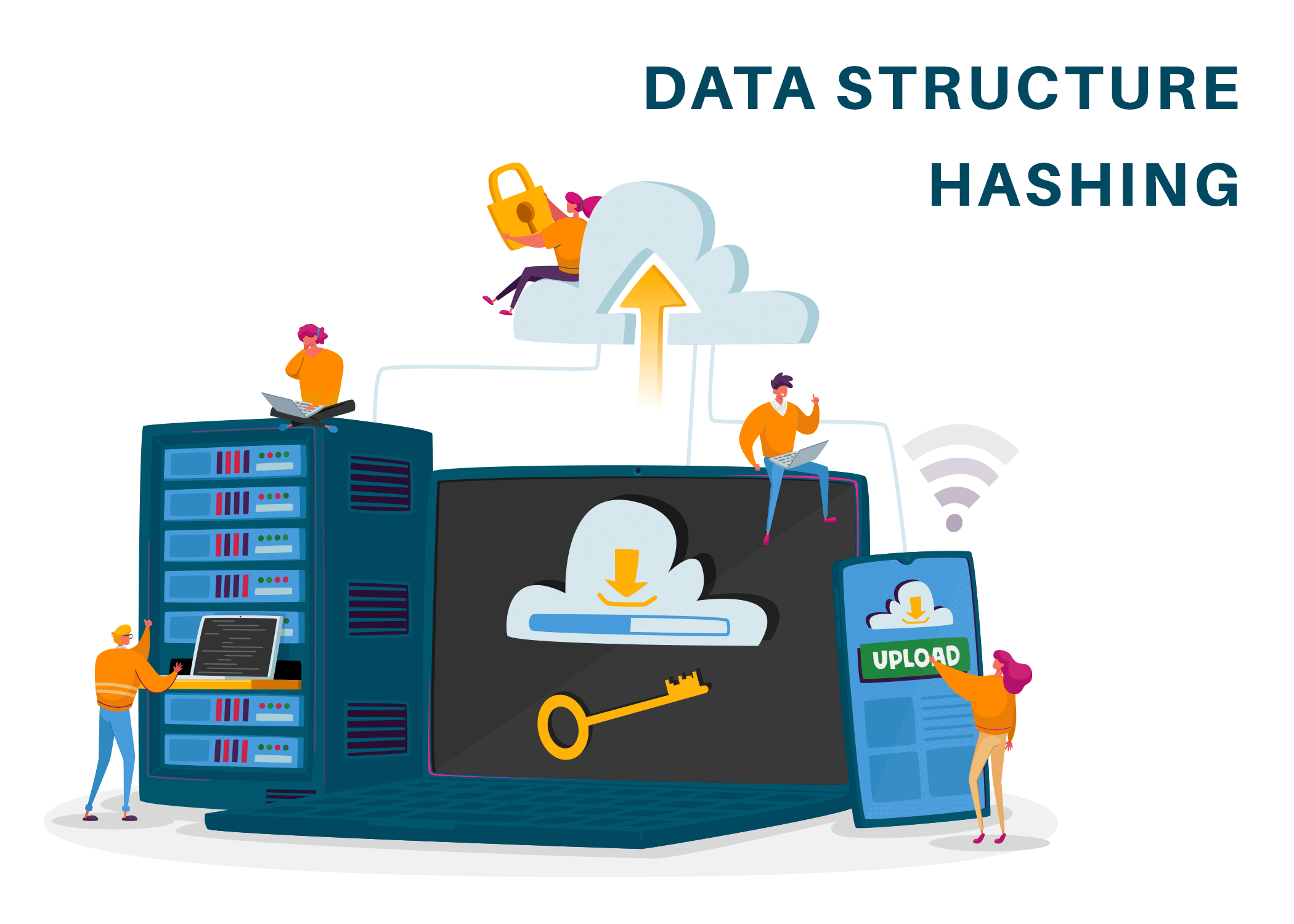When it comes to hashing private customer information, it’s important to prioritize data security and privacy. Hashing is a technique used to transform data into a fixed-length string of characters, which is typically used for password storage and verification. However, it’s important to note that hashing alone may not be sufficient for protecting sensitive customer information.
Here are some key considerations when hashing private customer information:
1. Salted Hashing:
Using a technique called “salted hashing” can enhance the security of the hashed data. Salt is a random value added to the customer’s information before hashing, making it more difficult for attackers to guess the original values. Each customer’s information should be hashed with a unique salt value.
2. Strong Hashing Algorithms:
Choose a strong cryptographic hashing algorithm, such as SHA-256 or bcrypt. These algorithms are designed to be computationally expensive, making it more difficult for attackers to reverse-engineer the original data.
3. Data Minimization:
Only hash the necessary customer information. Minimize the amount of personal data stored and processed to reduce the risk associated with potential data breaches.
4. Encryption for Additional Security:
Consider encrypting the customer information before hashing it. Encryption adds an extra layer of security and ensures that even if the hashed data is compromised, it remains protected.
5. Secure Storage and Access Controls:
Implement robust security measures to protect the hashed customer information. Ensure that access to the data is restricted to authorized personnel only and that proper authentication and authorization mechanisms are in place.
6. Compliance with Regulations:
Understand and comply with applicable data protection regulations such as the General Data Protection Regulation (GDPR) or the California Consumer Privacy Act (CCPA). These regulations provide guidelines on handling customer data and may have specific requirements for hashing and data security.
7. Regularly Audit and Update Security Measures:
Conduct regular security audits to identify vulnerabilities and update your security measures accordingly. Stay informed about the latest best practices and security standards in the industry to ensure your hashing methods remain effective.
Final Thoughts
Remember, hashing is a one-way function, meaning that it is not possible to retrieve the original customer information from the hashed value. Therefore, consider other security measures, such as encryption, access controls, and secure storage, in conjunction with hashing to protect private customer information effectively.
To gain insight and learn more about other aspects of cybersecurity, contact Velcode Solutions at +91-1145694931 , +91-9310905611 or can drop a mail to our sales team at sales@velcodesolutions.com.

